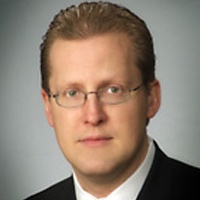Freeport DUI-DWI Lawyer, Ohio
Not enough matches for Freeport DUI-DWI lawyer.
Below are all Freeport Criminal lawyers.
Michael Boske
✓ VERIFIEDCriminal
Having tried hundreds of cases, Michael Boske is one of Canton's most experienced trial lawyers, with extensive knowledge of the local courts, judges,... (more)
Christopher Scott Coleridge
Dispute Resolution, Family Law, Divorce, Criminal
Status: In Good Standing
Craig McKinney
Dispute Resolution, Family Law, Juvenile Law, Criminal
Status: In Good Standing Licensed: 8 Years
Daniel Joseph Guinn
Lawsuit & Dispute, Estate, Divorce & Family Law, Criminal
Status: In Good Standing Licensed: 15 Years
Ivan Lenwood Redinger
Juvenile Law, Income Tax, Real Estate, Motor Vehicle
Status: In Good Standing Licensed: 39 Years
Kelly Sue Bain-Mcintosh Murray
Divorce & Family Law, Juvenile Law, Criminal
Status: In Good Standing Licensed: 21 Years
Steven Anthony Stickles
Criminal, Divorce & Family Law, Felony
Status: In Good Standing Licensed: 22 Years
Brian Lamar Summers
Lawsuit, Federal Appellate Practice, DUI-DWI, Business
Status: In Good Standing Licensed: 28 Years
David Charles Knowlton
Estate Planning, DUI-DWI, Criminal, Personal Injury
Status: In Good Standing Licensed: 32 Years
John Michael Jurco
Family Law, Child Custody, DUI-DWI, Slip & Fall Accident, Criminal
Status: In Good Standing Licensed: 21 Years


